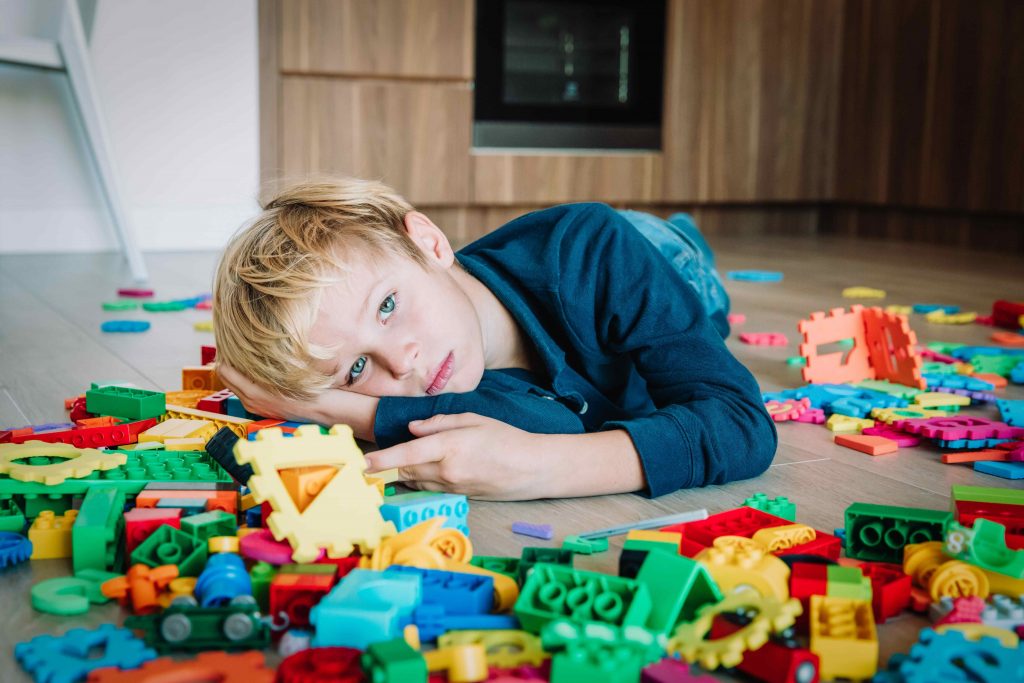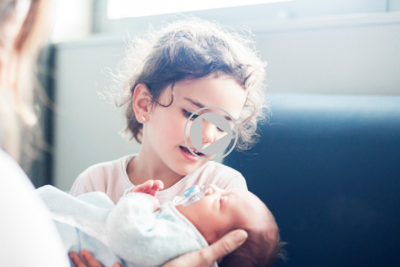It is common for parents to see their child go to school in the morning in a great mood, but when they come home in the evening, they are whining and crying, rebelling, and resisting- it is almost like dealing with a different kid! As a result, parents are often left wondering if something happened at school that the child or the teacher has not told them about. When in fact, it could be a normal phenomenon where kids are dealing with or decompressing from the stress of focusing and behaving at school and afterschool activities that is making them fall apart. It is what parenting experts refer to as afterschool restraint collapse or afterschool meltdowns.
What causes kids to fall apart after school?
Every child experiences stress from a long day’s work at school by focusing on classes, following instructions, physical activities, and not showing their frustrations at school. However, putting their best foot forward all day is difficult for some kids. While some can adapt to these demands, many kids need to release the pent-up stress from the day by acting out or throwing tantrums at home where they feel safe. These meltdowns are especially common in younger children during the first few months of daycare and when kids are transitioning to full days at school or starting new after school activities. This behavior is not just about physical or mental fatigue in the child. Many psychologists refer to this as “defensive detachment” that the child is displaying towards the parents because the parent was not available to help them deal with their stress at school all day, so they are angry and push the parent away when they are reunited at home.
However, according to psychologists, children are unlikely to have long-term attachment issues from the stress of missing their parents during daycare and school. Afterschool restraint collapse is not a true tantrum either, but it is your child falling apart at home in the evening in an environment they feel safe and comfortable in, simply because they are overwhelmed by the physical and emotional demands of school all day.
How can parents and caregivers help with after school meltdowns?
Patience and a calm approach with understanding are what your child needs from you in this situation. Validate their emotions and give them time and space to decompress and transition to home. Make sure your child is fed and heard; for the most part- roll with the tide! Some kids want to go outside and play, while others prefer to play by themselves to decompress. Set healthy boundaries about what is permissible regarding actions and words while they are having a meltdown. Some kids may like to discuss their feelings, while others may want to deal with them silently. But vocalizing that you are available to discuss their emotions is comforting to them.
What can you do to prevent your kid from falling apart after school?
Stay involved with your kid’s routines. Talk to your kid about their day at school every day- whether at dinnertime or bedtime, but debriefing helps them better prepare for the day ahead. Have a conversation with their teachers and afterschool caregivers and become aware of any struggles your child may have at school, including their nutrition, toilet habits, schoolwork, social interactions, bullying, and teasing.
Making your kids feel safe and supported at home is vital to help them thrive as they deal with the stresses at school and in the outside world. If your interventions at home are not helping, discuss this with your pediatrician or a counselor to help your kids with coping skills and soothing techniques.






Comments